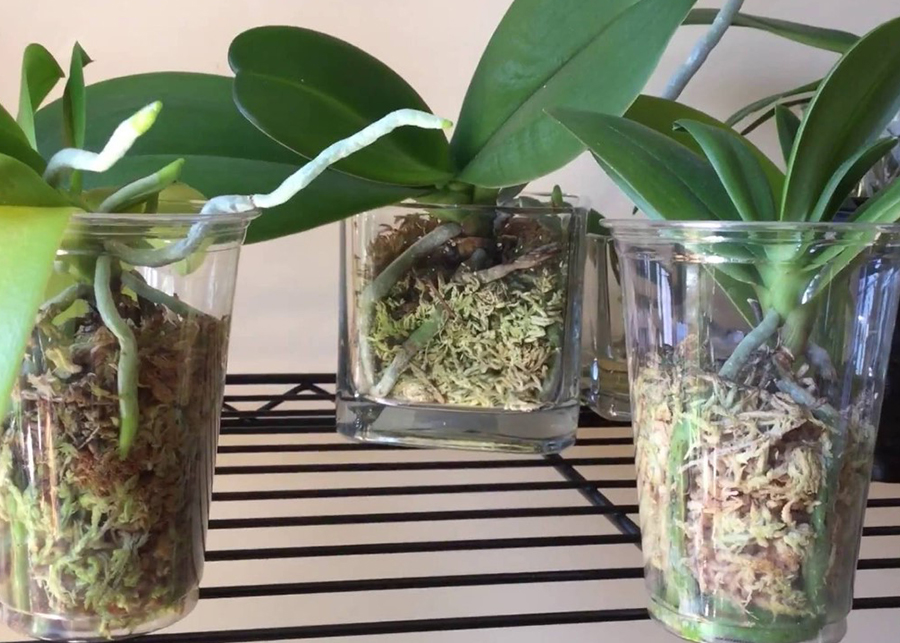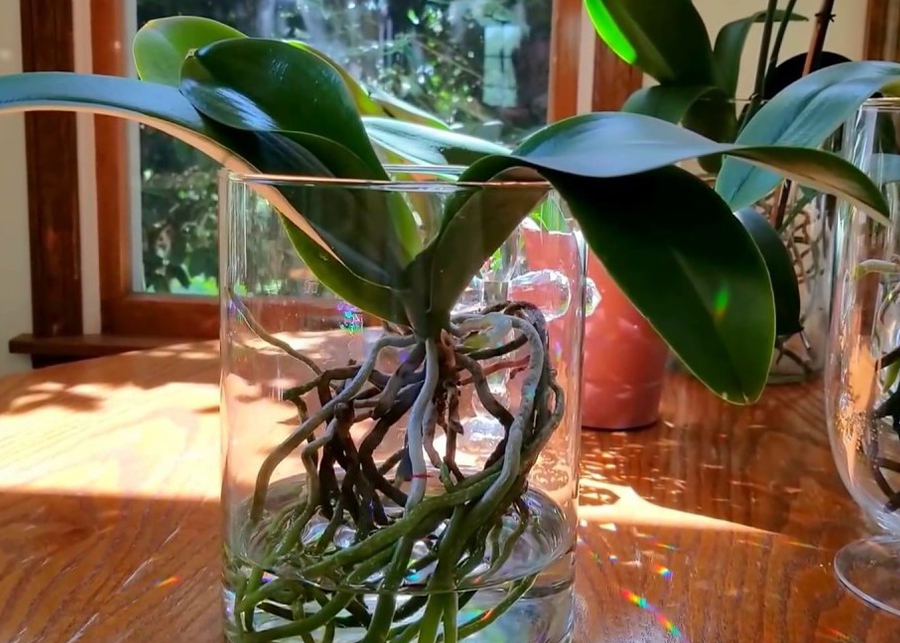If you’re an orchid owner, there’s a lot you can do to keep them happy. However, one of the most important things you can do is to make sure that you water your orchids consistently. Orchid plants require more frequent watering in spring and summer, as they can dry out easily. Water them at least twice a week during these seasons. Water them less often in winter or when the weather is too humid. If you’re not sure how much to water orchids, follow these tips to keep them happy.
Indoor orchids require more frequent watering in spring and summer, as they can dry out easily. Water them at least twice a week during these seasons. Water them less often in winter or when the weather is too humid. If you’re not sure how much to water orchids, follow these tips to keep them happy.

Misting orchids with water at least 2 times per week
Misting orchids is crucial to their health and growth. It replicates the humid, tropical conditions of their native habitat and can benefit both plant and potting medium. Ideally, you should mist your orchids at least twice a week, or more often in warmer weather.
If you’re having trouble keeping your orchid moist, it could be due to a variety of factors. First of all, misting your orchids too frequently can damage them more than it helps. In addition to not providing the orchids with the moisture they need, it also reduces the humidity in the room, which can promote fungal infections and rot. In order to keep your orchids happy and healthy, you should keep the humidity level between 40-60%.
Watering them with tap water
You may be wondering how to water orchids with tap water. While most orchids grow well in an acidic pH range, they can also grow in slightly alkaline water. To avoid this problem, it’s best to use distilled or filtered water. You can also collect rainwater to use for watering your orchids. However, it’s important to note that tap water can contain high levels of chlorine and fluoride. In addition, softened water should not be used to water your orchids.

Watering an orchid plant properly is essential for its health. It’s vital to prevent overwatering or underwatering, as this will lead to rotting roots and stems. Moreover, watering orchids properly depends on the type of plant, the medium, and its surroundings. Taking into account the humidity and heat can help you decide the exact amount of water needed for your orchid.
Watering them with ice
Watering your orchid with ice cubes is a great way to avoid overwatering your plant. The ice melts slowly and releases water slowly. You can use as many as three cubes per plant in a pot. This way, you’ll have a constant supply of water.
It’s important to keep in mind that each orchid type has a different need for water. For example, Phalaenopsis orchids may need more water in the summer. If you’re living in a very hot room, your orchid will dry out faster than normal. Humidity also has a bearing on the amount of water your orchid needs. An indoor humidity meter can help you gauge the humidity in the room. Most meters will automatically adjust within ten minutes of being placed next to the pot.
Watering them with sphagnum moss
How much to water orchids with sphinnum moss depends on the type of orchid and the environment it lives in. Usually, a plant needs about four to ten cups of water daily. When choosing a watering schedule, make sure to consider the time of year and your home’s humidity. In addition, be sure to water the orchid in a sink, not a soaking bucket.
When watering your orchids with sphagnum mosses, use a soft sprinkling instead of a straight jet of water. This way, you can avoid compacting the sphagnum moss. It’s also important to place a layer of LECA at the bottom of the pot.
How Much to Water Orchids Result
Looking back, we hope this post was able to provide valuable information on how much to water orchids. Perhaps you find one of these tips particularly helpful and end up using it to avoid the fatal mistake of underwatering your plants. If so, we hope you’ll remember us when the time comes for your next houseplant purchase. We’d really appreciate it!


